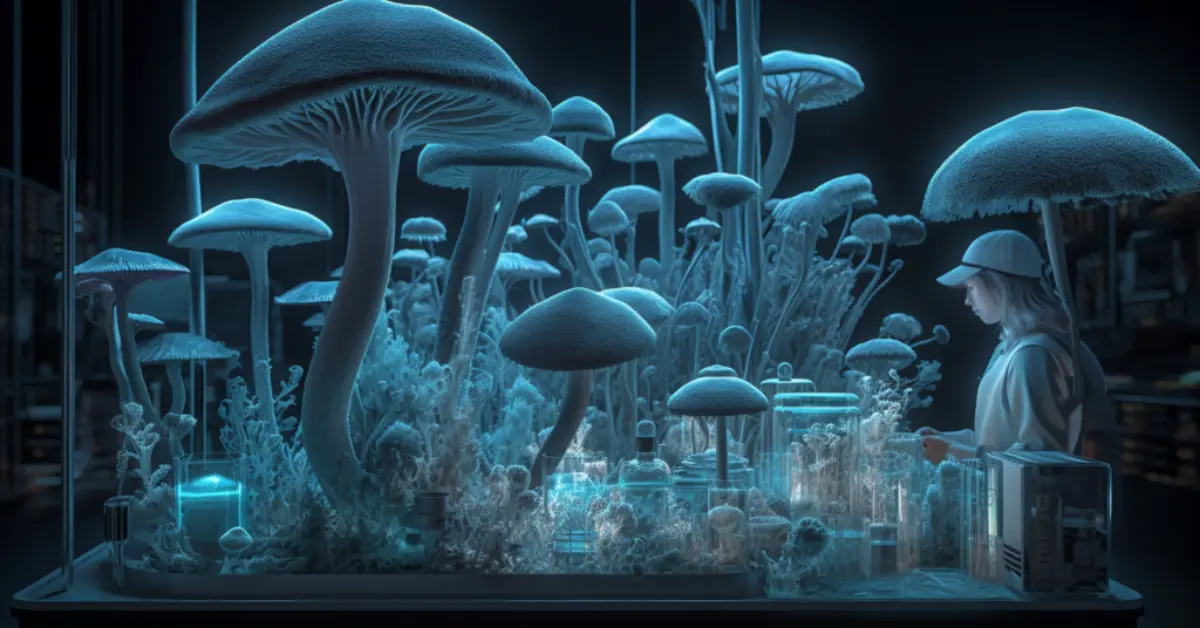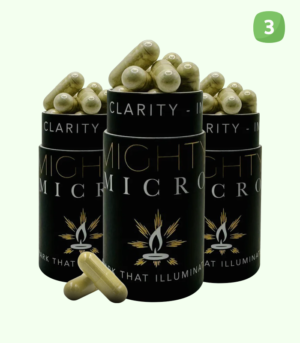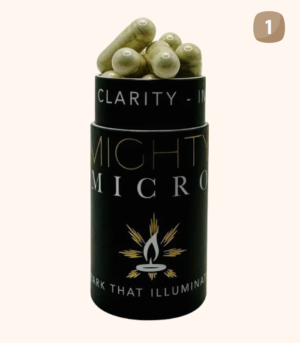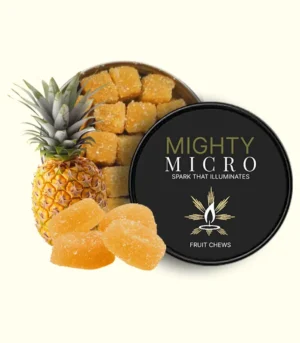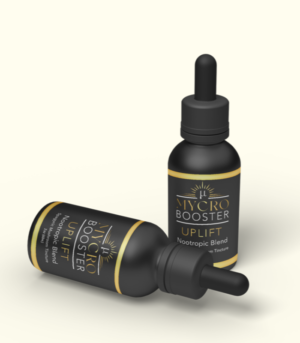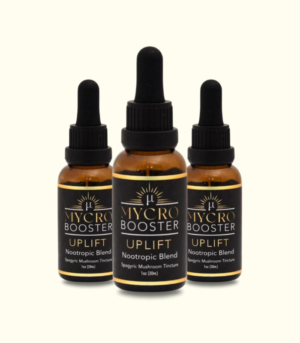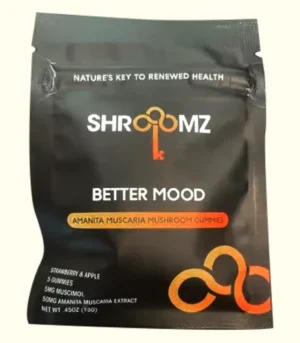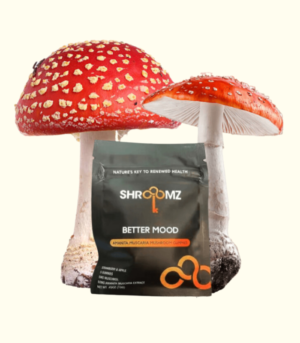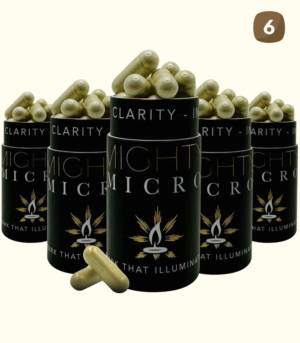Microdosing magic mushrooms, also known as psilocybin mushrooms, has been making waves in the world of mental health and well-being. This trend involves consuming small, non-hallucinogenic doses of these fungi, believed to foster a myriad of cognitive, emotional, and creative benefits. In this extensive guide, we delve deep into the practice of microdosing, its potential benefits, risks, and implications on mental health.
What is Microdosing Magic Mushrooms?
The practice of microdosing involves ingesting a minimal, “sub-perceptual” dose of a psychedelic substance—in this case, magic mushrooms. A typical microdose usually falls between 0.1 to 0.5 grams, roughly one-tenth to one-twentieth of a recreational dose. The dose is intentionally kept small to avoid any overt psychedelic effects. Instead, users often report experiencing subtle but meaningful shifts in their perception, mood, and cognition.
How Did Microdosing Evolve?
Microdosing might be a relatively new concept in our contemporary society, but the use of magic mushrooms can be traced back thousands of years. Various indigenous cultures globally revered these fungi for their potent medicinal and spiritual properties. These ancient cultures used them in religious rituals and for healing purposes.
However, the concept of microdosing has only gained mainstream attention in the last decade, propelled by the growing interest in psychedelic substances’ potential therapeutic benefits. Leading figures in the psychedelic research community, such as Dr. James Fadiman and Paul Stamets, have been instrumental in popularizing this practice.
Their work has sparked a significant shift in how we view and use these substances today, with microdosing often used as a self-improvement tool. Whether it’s enhancing creativity, improving mood and focus, or seeking spiritual growth, the application of microdosing is as diverse as its user base.
Can Microdosing Help with Mental Health Issues?
Microdosing and Depression
Depression, a widespread and debilitating mental health issue, is often challenging to treat effectively with conventional therapies. Many patients experience undesirable side effects from pharmaceutical treatments or find their symptoms resistant to standard interventions.
Emerging anecdotal evidence and scientific research suggest that microdosing magic mushrooms might offer a novel approach to alleviating depressive symptoms. Users often report feeling more connected, hopeful, and appreciative of life, aligning with early scientific studies suggesting that psilocybin—the active compound in magic mushrooms—might help “reset” the brain’s neural circuits that contribute to depressive states.
Microdosing and Anxiety
Anxiety disorders are among the most prevalent mental health issues worldwide. Those who experience chronic anxiety know all too well the constant state of worry and fear it entails. Standard treatments often involve cognitive-behavioral therapy (CBT) and medication, which isn’t always effective for all individuals.
Anecdotal reports and preliminary research findings suggest that microdosing magic mushrooms may help alleviate symptoms of anxiety disorders. Users often report feelings of calm and well-being after microdosing, along with an increased resilience to stress. Psilocybin’s interaction with the serotonin receptors in the brain—the neurotransmitter system implicated in anxiety disorders—may underlie these potential benefits.
What is the Science Behind Microdosing Magic Mushrooms?
Psilocybin is a naturally occurring psychedelic compound present in over 200 species of mushrooms. Upon ingestion, the body converts psilocybin into psilocin, another psychedelic compound that primarily causes the mushroom’s psychoactive effects.
Psilocin closely resembles the structure of serotonin, a neurotransmitter that plays a vital role in mood regulation. This structural similarity allows psilocin to bind to serotonin receptors, potentially enhancing mood and altering perception and cognition.
Microdosing and the Brain
Though the precise mechanisms aren’t fully understood yet, current theories suggest that microdosing psilocybin might increase the connectivity between different areas of the brain. This increased communication could foster enhanced creativity, problem-solving skills, and cognitive flexibility.
Moreover, there’s evidence to suggest that psilocybin promotes neurogenesis—the growth and development of new brain cells and neural connections. This ability to foster neural plasticity could have profound implications for mental health and overall brain function.
What Are the Cognitive and Emotional Benefits?
Cognitive Enhancements
Proponents of microdosing often report significant cognitive benefits. These include enhanced creativity, improved problem-solving abilities, increased focus, and greater mental clarity. These effects could potentially increase productivity and efficiency in work or academic settings. Moreover, some users report a deepened sense of presence and engagement in tasks, suggesting that microdosing could enhance mindfulness and the overall quality of experience.
Emotional and Psychological Well-being
Beyond cognitive enhancements, microdosing magic mushrooms can potentially offer emotional benefits. Users often report improved mood, reduced stress and anxiety levels, and an overall increased sense of well-being. Some individuals also note heightened emotional sensitivity, empathy, and open-mindedness, which could potentially improve interpersonal relationships and general life satisfaction.
What Risks and Precautions Should Be Considered?
Potential Side Effects and Risks
As promising as the benefits of microdosing may sound, it’s crucial to acknowledge the potential risks and side effects associated with the practice. Some individuals might experience undesirable effects such as restlessness, anxiety, or discomfort. There’s also a risk of exacerbating existing mental health conditions in susceptible individuals. Furthermore, as with any substance, there’s a risk of developing an unhealthy relationship with the substance or relying on it excessively for emotional or cognitive benefits.
There are also physiological risks to consider. Psilocybin mushrooms can cause physical side effects like nausea, heightened blood pressure, and in rare cases, hallucinogen persisting perception disorder (HPPD) – a condition characterized by the continued presence of sensory disturbances, most often visual, that are reminiscent of those generated by the ingestion of hallucinogens.
Precautions and Safe Practices
Given these potential risks, it’s crucial to approach microdosing with caution and respect. Start with a low dose and gradually adjust based on your response. Keeping a journal to track your experiences and any changes in mood, cognition, or physical health can also be beneficial.
Individuals with a history of mental health disorders, particularly psychotic disorders, should avoid microdosing due to the potential for exacerbating these conditions. Similarly, those with heart conditions should exercise caution, given psilocybin’s potential impact on blood pressure.
Always source your mushrooms from reliable and safe sources to ensure they’re correctly identified and free from contamination. And remember, microdosing is a supplement to a healthy lifestyle—not a substitute for good nutrition, regular exercise, adequate sleep, and mental health care.
Buy Magic Mushroom Online
What Are the Legal Considerations for Microdosing?
Global Legal Landscape
While there’s growing interest and research into the potential benefits of psilocybin, the legal status of magic mushrooms remains a complex and evolving issue. In most countries, psilocybin and psilocin are classified as Schedule I drugs under the United Nations 1971 Convention on Psychotropic Substances, meaning they’re considered to have a high potential for abuse and no recognized medical uses.
However, there are some exceptions. Certain countries, such as Brazil and the British Virgin Islands, have decriminalized magic mushrooms, while others like Portugal and the Netherlands have nuanced laws around their use and possession.
In the United States, magic mushrooms remain largely illegal, classified as a Schedule I substance under federal law. But recent years have seen changes at the local level, with cities like Denver, Colorado, and Santa Cruz, California, decriminalizing psilocybin to varying degrees.
Navigating the Legalities
Given the rapidly changing and complex legal landscape, it’s essential to thoroughly research and understand the laws in your specific location before considering microdosing. Engaging in illegal activities can lead to serious consequences, including fines and imprisonment.
Beyond legal considerations, the unregulated nature of magic mushrooms means that the quality, safety, and accurate dosing can be challenging to ensure. Legal and regulated medical and scientific uses of psilocybin, which are growing in response to promising research, provide safer and more controlled environments for exploring the benefits of this substance.
What Does the Future Hold for Microdosing?
The future of microdosing is still unwritten. However, with the resurgence of interest in psychedelic research and an increasing body of anecdotal reports lauding its benefits, the trajectory is promising. There’s a growing demand for more robust, well-controlled studies to provide clearer insights into the potential benefits, risks, and mechanisms of microdosing.
While societal attitudes and laws around psychedelics are slowly shifting, the emergence of new paradigms in mental health treatment and self-improvement suggests a future where microdosing could occupy a more prominent place. However, until then, the practice remains a personal decision that requires careful consideration of the potential benefits, risks, and legalities involved.
Conclusion
Microdosing magic mushrooms offer a compelling and largely untapped avenue for mental health support, cognitive enhancement, and personal growth. As we continue to explore this practice’s complexities and potential, we stand at the precipice of a new understanding of our minds and the natural world around us. However, as with all substances that affect our minds, it’s crucial to approach with respect, caution, and informed understanding, ensuring that we maximize the potential benefits while minimizing the risks.
What is microdosing?
Microdosing involves ingesting small, sub-perceptual doses of a psychedelic substance. With magic mushrooms, this typically means consuming around 0.1 to 0.5 grams, depending on personal tolerance and body weight.
Can microdosing help with my depression/anxiety?
While research is ongoing, preliminary findings and anecdotal reports suggest that microdosing magic mushrooms might offer potential benefits for those struggling with depression or anxiety. However, microdosing should not replace professional mental health treatment, and anyone considering it should do so under the guidance of a healthcare provider.
Is microdosing magic mushrooms legal?
The legality of magic mushrooms varies by location. In many countries, they’re classified as Schedule I substances, making their use illegal. However, certain areas are starting to challenge this status due to their potential therapeutic benefits.
How often should I microdose?
A common regimen, proposed by Dr. James Fadiman, suggests microdosing once every three days. This regimen allows the body to rest and prevents tolerance build-up. However, individual responses vary, and some users may prefer different schedules.
Are there risks to microdosing?
Yes, potential risks include increased anxiety, exacerbation of existing mental health conditions, potential physiological side effects, and potential legal consequences due to the current legal status of magic mushrooms.

